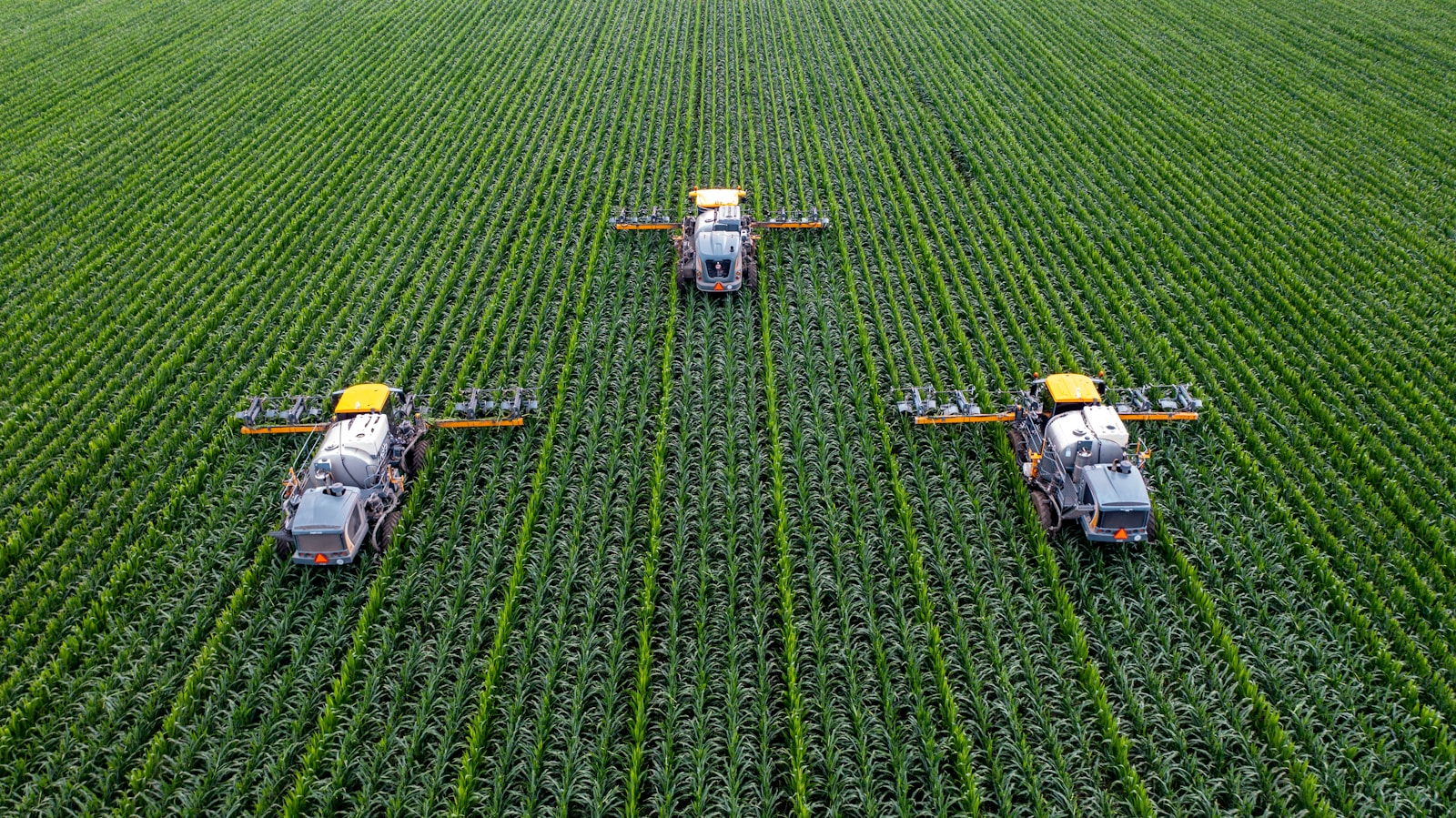Integrating Digital Transformation in Agriculture to Maximize Efficiency
Innovating Farming through Technology
The Kingdom of Saudi Arabia (KSA) is revolutionizing its agricultural sector by implementing smart agriculture techniques as a key aspect of its national digital transformation strategy. By adopting advanced technologies such as artificial intelligence (AI), Internet of Things (IoT), and Blockchain, Saudi Arabia aims to enhance the efficiency and productivity of its agricultural activities. This innovative approach not only helps in optimizing the use of essential resources like water and fertilizers but also in monitoring crop health and soil conditions, thus significantly reducing waste and improving yields.
Strategic Deployment of AI and IoT in Farming
Central to Saudi Arabia’s agricultural transformation is the strategic deployment of AI and IoT. These technologies are used to create precision farming techniques where everything from irrigation systems to pest management is meticulously controlled and automated. The integration of AI helps in analyzing data from satellite images and farm sensors to make informed decisions about crop planting and resource allocation. IoT devices are deployed across fields to monitor conditions in real-time, allowing for adjustments to be made swiftly, ensuring optimal crop growth and resource conservation.
Blockchain Technology Enhancing Transparency and Efficiency
Blockchain technology is being employed to bring transparency and improve efficiency in the agricultural supply chain. By using blockchain, Saudi farmers can track the journey of produce from farm to table, which not only ensures the quality and safety of agricultural products but also enhances market trust. This technology also aids in efficient resource management and reduces discrepancies in the supply chain by providing a tamper-proof, decentralized record of all transactions and resource usage, ensuring a transparent system for all stakeholders involved.
Government Initiatives and Public-Private Partnerships
The Saudi government is actively supporting the shift to smart agriculture through various initiatives and public-private partnerships. These efforts are designed to equip farmers with the necessary tools and knowledge to adopt new technologies and practices. By collaborating with global leaders in agri-tech, including Swiss companies known for their precision and reliability, Saudi Arabia is ensuring that its agricultural sector remains cutting-edge and sustainable. These partnerships also facilitate the exchange of best practices and foster a collaborative environment conducive to innovation.
Training and Development for Sustainable Agriculture
Training and development play a crucial role in the successful implementation of smart agriculture practices in Saudi Arabia. The government and private sector are jointly offering numerous programs to educate farmers and agricultural professionals on the benefits and operation of new technologies. These training programs are critical for the adoption of smart agriculture across the kingdom and ensure that all participants can competently use these technologies to increase productivity and sustainability in their operations.
Challenges and Future Prospects
While the transition to smart agriculture promises numerous benefits, it also presents several challenges, such as high initial costs, technological complexity, and the need for widespread technological literacy among the rural workforce. However, with continued governmental support and international cooperation, these challenges can be effectively managed. Looking forward, the future of Saudi agriculture appears robust, with smart agriculture likely to play a pivotal role in achieving food security and economic diversification goals as outlined in Saudi Vision 2030.
#SmartAgricultureKSA, #DigitalTransformation, #SustainableFarming, #AIinAgri, #IoTinFarming, #BlockchainSupplyChain, #SaudiVision2030, #AgriTechInnovation, #ResourceOptimization, #TechDrivenAgriculture











